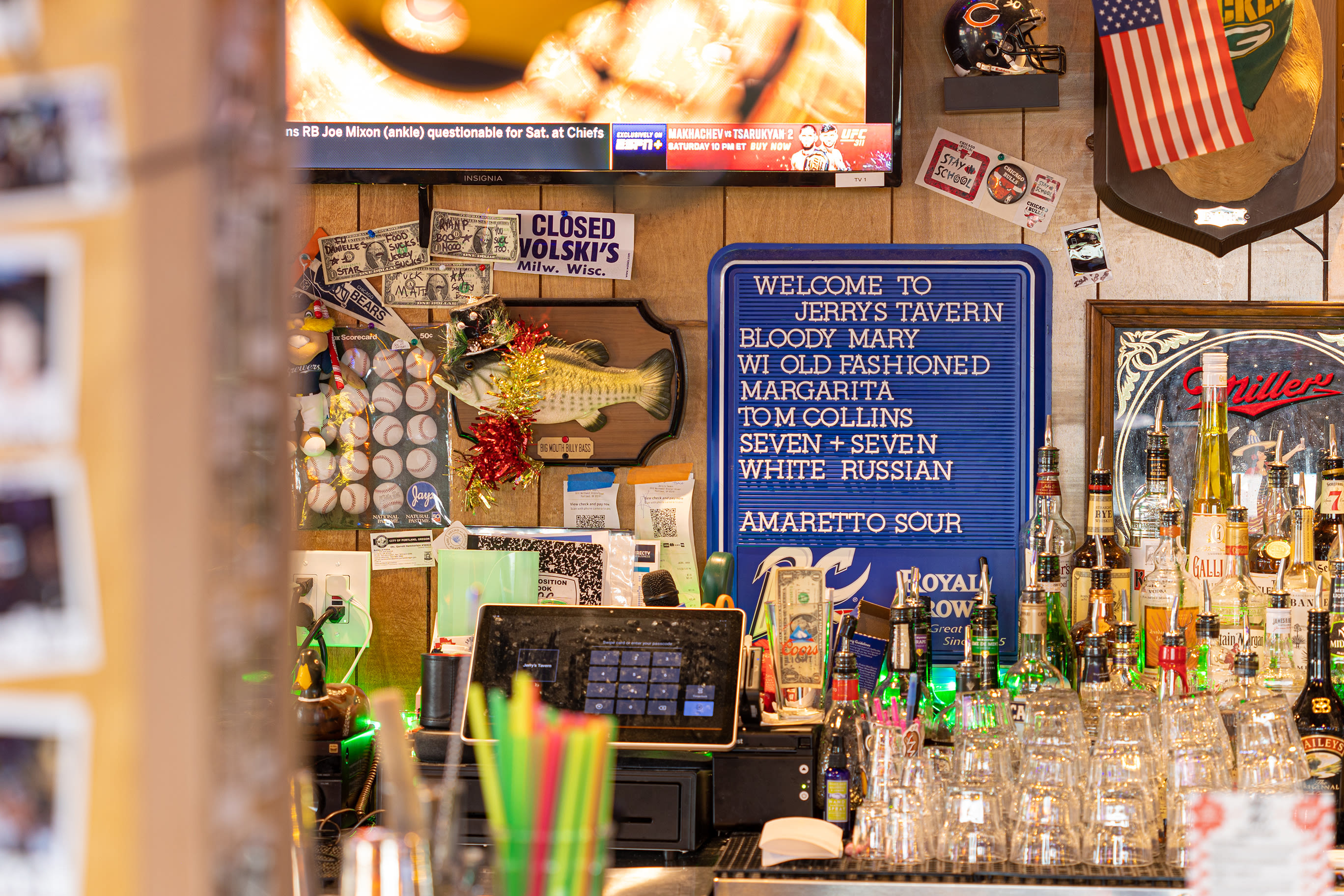Chef Umut Matkap Is Bringing a Taste of Turkish Tavern Cuisine to Portland
Chef Umut Matkap wants to clear up one thing. Those dishes many Americans think of as Turkish food—if they have any ideas about Turkish food at all—are not Turkish, as far as he’s concerned. Falafel? Nope. Hummus? You’ll find it in Turkey, but it’s totally different from the hummus you’ll find in the States. Gyros and fries? Tasty, but not Turkish, according to Matkap. As for Turkish delight?
“That’s Turkish, but I don’t know the last time I ate it,” he laughs.
Matkap was born and raised in Antakya, Turkey, a coastal area recognized by UNESCO as a World City of Gastronomy. He attended culinary school in Istanbul and later worked in restaurants there. After years of running pop-ups in Portland, he opened his first restaurant, Lokanta, on SE Clinton Street last October. The restaurant specializes in meyhane (pronounced may-HAH-nay), or Turkish tavern cuisine.
In Turkey, the rules for meyhane are like this: Go with friends, usually six or seven people, or maybe just one, but never alone. Plan to arrive at 8 and leave at midnight. Order meze, or small plates, to share—mussels, yogurt dip, halloumi cheese, fava pâté, or muhammara—not mains. While you eat, a trio of musicians playing the violin, the clarinet, and the zither-like kanun hovers near your table, waiting expectantly for tips. When you run out of meze, order more meze. And you must drink rakı (say RAH-keh), an anise-flavored spirit distilled from early-harvest sour grapes. The clear drink turns white after adding water and ice, earning it the nickname “lion’s milk.”
Whether you’re dining outdoors at Lokanta or taking it to go, you can still maintain the most important parts of meyhane: taking time to sit down, share a meal of meze, drink rakı, and enjoy your company, whether it’s your kids, your significant other, your cat, your roommates, or friends and family on Zoom. Says Matkap: “I wish people had more time to talk, eat dinner, spend time, and basically share the loneliness, and talk about something: ‘My car is broken. I need to pay this [bill]. I hate my boss.... The Blazers lost again against the Pelicans, goddamnit.’”
So clear off your dining table, get your rakı glasses ready, put on some Turkish music—Matkap is a big fan of singers Bülent Ersoy and Zeki Müren—and get ready to meyhane with these dishes. Lokanta, 2601 SE Clinton St
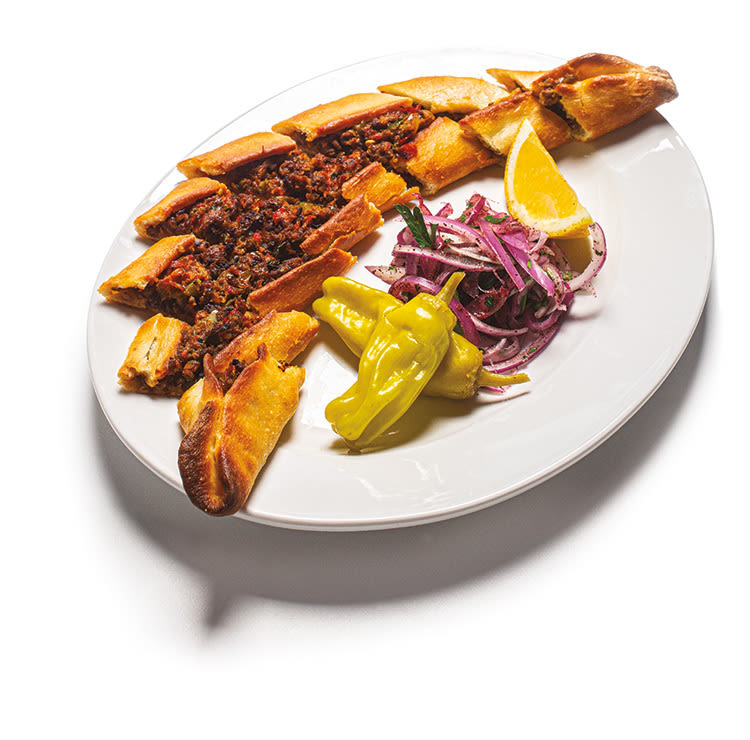
Etli Pide
Image: Michael Novak
Etli Pide
Pide, Matkap admits, isn’t traditionally a meyhane food; it’s more of a main dish, but it’s one of the dishes most frequently requested by those who know and love Turkish food. This football-shaped flatbread, kind of like a sauceless pizza, is popular in the areas surrounding the Black Sea. It’s made with an ice-water-and-yeast dough flavored with plenty of olive oil and left to rise for 24 hours. In this meaty version (vegan and vegetarian pide are also on offer), ground beef gets blended with onions, bell peppers, and choice lamb fat, adding unctuousness to the dish without unwanted gamy notes. Matkap cuts it into pieces and serves it with thinly sliced red onion and bright green pepperoncini.
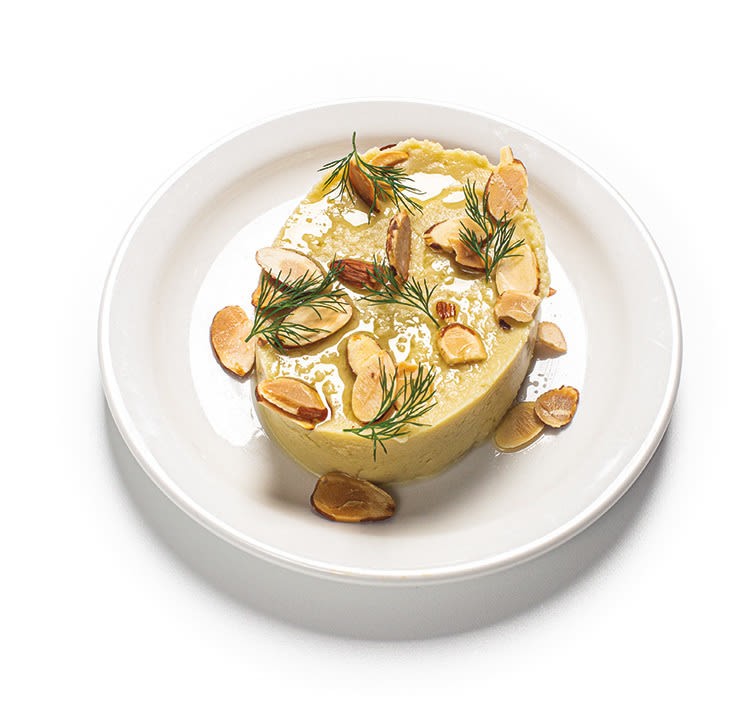
Yeşil Fava Pâté
Image: Michael Novak
Yeşil Fava Pâté
This vegan spread hails from Izmir in western Turkey. Dried fava beans, onions, brown sugar, and a healthy dose of olive oil all go into the pot. After they’re cooked, everything gets blended up and left in the fridge overnight for the flavors to develop. Slivered almonds and fresh dill decorate the silky pâté, which you eat with bread.
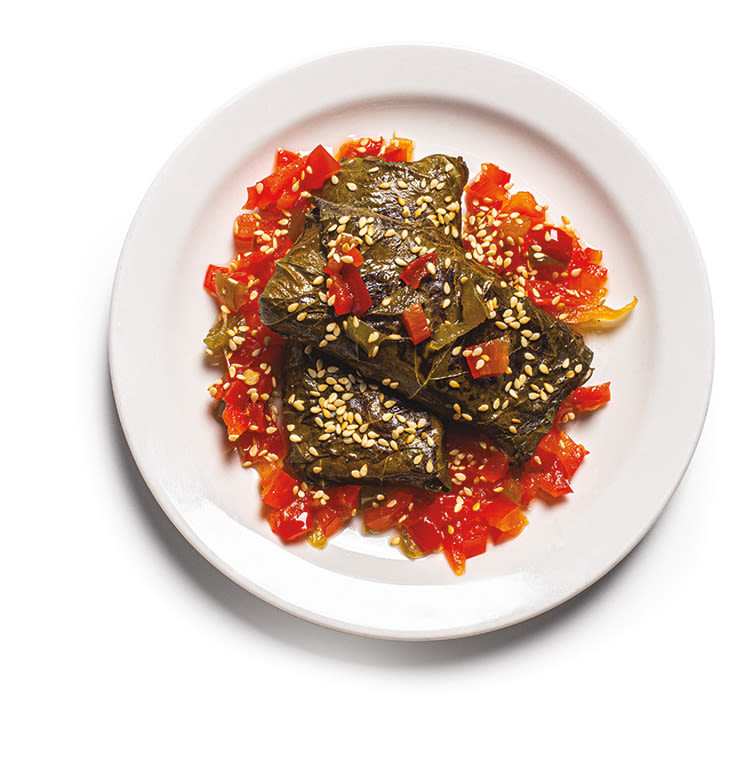
Asma Yaprakli Hellim
Image: Michael Novak
Asma Yaprakli Hellim
You might have had grilled halloumi before, but I bet you haven’t tried grilled halloumi like this one from Cyprus: grilled to order, then wrapped in grape leaves, served with chunky sweet pepper relish, and sprinkled with sesame seeds. The result is a delightful balance of sweet and salty, and the cheese squeaks satisfyingly against your teeth.
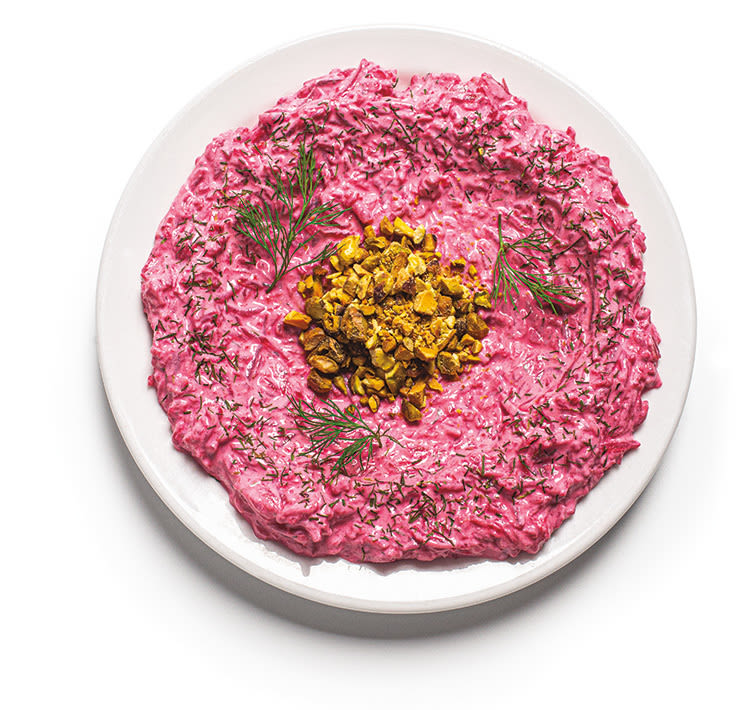
Fistikli Pancar Tarator
Image: Michael Novak
Fistikli Pancar Tarator
This hot-pink dip from southeastern Turkey is made from roasted beets blended with Greek yogurt, garlic, and labneh cheese. Matkap gives the traditional recipe a chef’s touch with the addition of pickled beets, which bring brightness and acidity. The finishing touch is a garnish of dill and double-roasted pistachios. The result is creamy, vibrant, and refreshing. Scoop it up with slices of grilled French bread, the carb of choice at a meyhane.
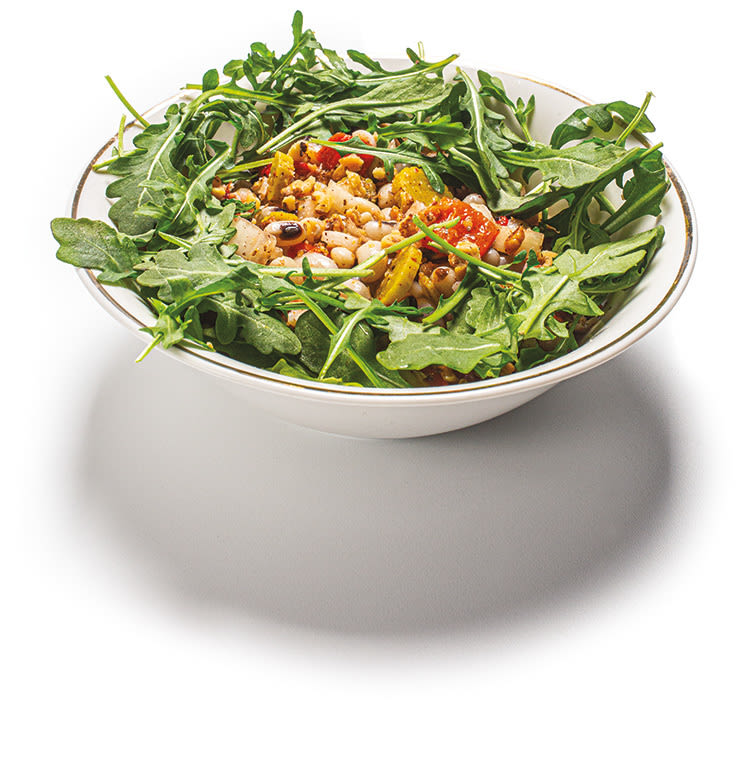
Börülce Salatasi
Image: Michael Novak
Börülce Salatasi
Cleanse your palate with this salad made from arugula, salt water–soaked onions, double-roasted walnuts, seasonal pickles, black-eyed peas, roasted peppers, and a dressing of sumac, olive oil, and vinegar. As the seasons change, black-eyed peas might get subbed out for pomegranate seeds or tomatoes and cucumbers.

Rakı
Image: Michael Novak
Rakı
When you go out for meyhane, you drink licorice-like rakı—not wine or beer. Be sure to add a little water first, then ice. Lokanta offers two options, a single-distilled version and a premium triple-distilled, 100-proof version Matkap describes as “super-smooth and nice.” Sip, don’t shoot, your rakı, and be sure to drink water alongside it to avoid dehydration. “It doesn’t give you any hangover, by the way,” Matkap adds. “We basically release our emotions, drink some rakı, and eat some meze, and feel better.”

